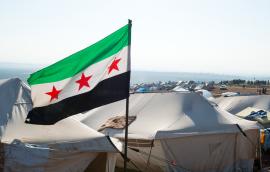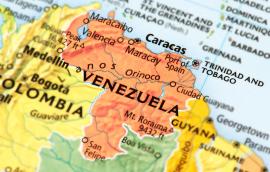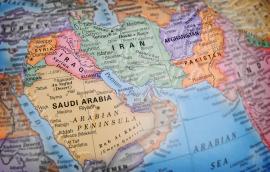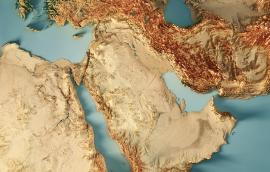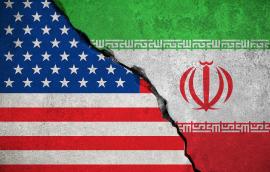Tillerson Out, Pompeo In
President Donald Trump has announced that he will nominate CIA director Mike Pompeo to replace Rex Tillerson as secretary of state. Fellow Joe Barnes analyzes the implications of this decision and assesses Tillerson's short tenure as head of the State Department in a new post for the Baker Institute Blog.
Joe Barnes March 13, 2018

